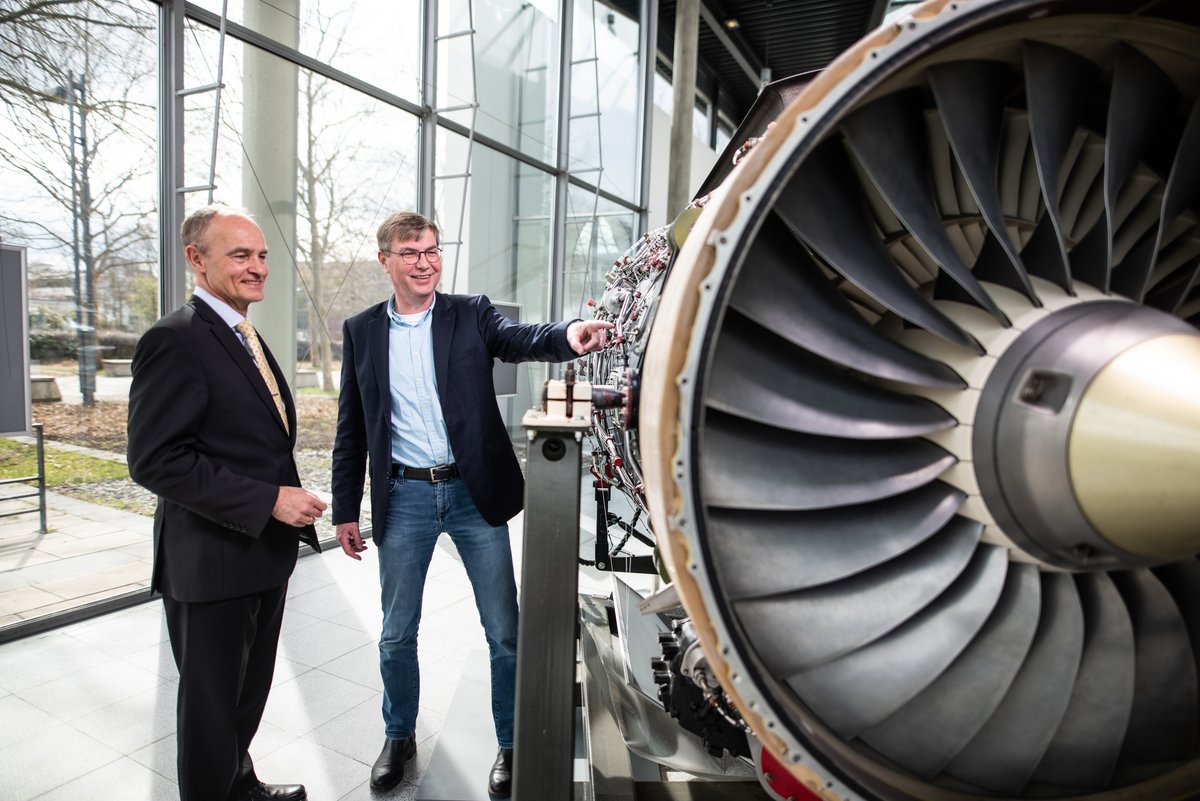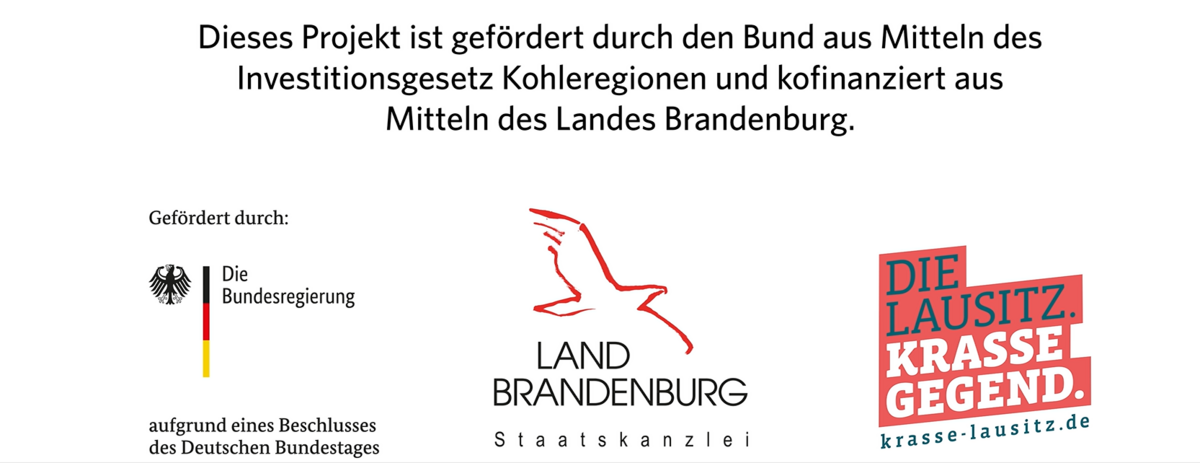Eligibility for BTU projects confirmed at federal level
This year, the Center for Hybrid Electric Systems Cottbus (chesco) at the Brandenburg University of Technology Cottbus-Senftenberg (BTU) and CHESCO GmbH have once again successfully applied to the Federal Ministry of Economics and Climate Protection (BMWK) for the new aviation research programme (LuFo Klima VII-1) with several project proposals. Together with participating chairs from BTU Cottbus-Senftenberg, other partners from science and research as well as renowned regional, national and international companies and groups from the aviation industry, corresponding outlines of the planned aviation research projects were submitted as part of the programme in spring 2024. At the end of October this year, the participants were pleased to receive positive registering for the following semester from Berlin. This means that concrete full proposals for research funding at federal level can now be submitted by the submission deadline of 15 January 2025 in addition to the positively reviewed outlines with a total funding volume of around ten million euros. If funding is approved for submitted applications, chesco can contribute to the joint research projects with expertise in electrical systems and components, hybrid-electric system integration, thermal management, efficient manufacturing technologies and test capacities.
Research for the green mobility of the future
The two scientific directors of chesco, Prof. Dr.-Ing. Georg Möhlenkamp and Prof. Dr.-Ing. Klaus Höschler, point out the importance of the aviation research programme for innovative developments in civil aviation: "Germany has once again tightened the European target of climate neutrality by 2050 for itself and has set itself the goal of being climate neutral by 2045. We must therefore be in a position to deliver development results even faster. It is therefore all the more important that we can realise our research as efficiently as possible by joining forces," explains Georg Möhlenkamp. "The federal government's support is an important building block in this regard. We are confident that after the first go from Berlin for our outlines, we will also be able to convince with our applications," continues Klaus Höschler. "We are very pleased about the very successful outcome of the first application phase," emphasised Prof. Dr Gesine Grande, President of BTU Cottbus-Senftenberg, in this context. "Here in Lusatia, we are conducting cutting-edge research into the mobility of the future. The research projects will greatly strengthen networks with scientific partners and the aviation industry. This is a great incentive for us and already shows the federal government's confidence in our research expertise on decarbonisation in civil aviation and the mobility sector in general," says Grande.
Outlines submitted by the chairs and chesco members Structural Mechanics and Vehicle Vibrational Technology, Polymer-based Lightweight Construction and Hybrid Manufacturing were also deemed eligible for funding.
The aviation research programme LuFo Klima VII-1
The BMWK's research programme funds innovative technologies for climate-neutral civil aviation. Projects that contribute to the sustainability of the overall aircraft system can be funded. The two-stage procedure comprises an outline phase and an application phase. Outlines for the LuFo Klima VII-1 funding call can be submitted until 26 June 2024. Project applications are possible until 15 January 2025.
More information on the chesco research fields and the ongoing projects ETHAN (electrical and thermal networks for hybrid-electric propulsion systems) and DIREKT (digital life cycle of (hybrid)-electric propulsion systems), which are supported by funding from the federal aviation research programme, can be found on the chesco website:
About the Centre for Hybrid Electric Systems Cottbus (chesco)
We make green mobility happen - that is the mission of the Centre for Hybrid Electric Systems Cottbus (chesco). With chesco, an integrated research and cooperation centre is being created in which up to 400 employees will be able to plan, test and implement climate-friendly aircraft propulsion systems for short and medium-haul flights. The fields of application will be expanded to include the automotive, rail and shipping sectors. The chesco accelerates the development time of innovative drive technologies by centralising research, production and testing expertise. The chesco research centre is used to develop the design of components and systems. In the Fast-Make Electrification Research Center (f-merc), researchers create prototypes that are tested in the test centre. All processes are digitally networked with each other.
Over 30 chairs at the Brandenburg University of Technology Cottbus-Senftenberg contribute their expertise to the research. The chesco cooperates with partners from industry and science. These include collaborations with universities throughout Europe, non-university research institutions such as the Institute of Electrified Aircraft Propulsion Systems at the German Aerospace Centre (DLR), several Fraunhofer Institutes and Access e.V.
In 2021, the interministerial working group (IMAG) Lusatia of the state government confirmed the eligibility of the chesco project for funding. In the coming years, a total of 238 million euros will be invested in the construction and equipment of the research centre on the site of the future Lusatia Science Park (LSP) Cottbus. chesco will be funded via the Brandenburg State Chancellery's funding guideline for the structural development of Lusatia, with the funds coming from the federal government's Structural Reinforcement Act.


